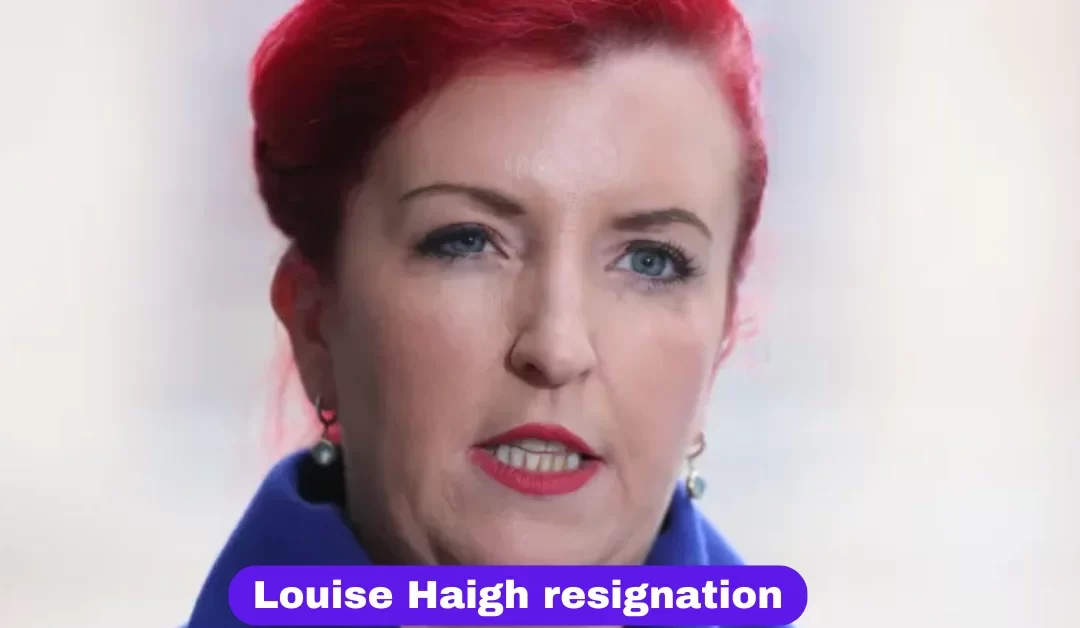Louise Haigh Resigns Following Fraud Conviction
Louise Haigh, a prominent figure in UK politics, has resigned from her position as Transport Secretary after admitting to a decade-old fraud offence. This significant event marks the first resignation within Sir Keir Starmer’s government, raising critical questions about political judgment and accountability.
The Incident Behind the Resignation
In 2013, Louise Haigh falsely reported to the police that her work mobile phone had been stolen during a mugging. Later, it was revealed that the phone was not taken, and she pleaded guilty to the offence. As a result, she received a conditional discharge from magistrates. This incident occurred well before she entered Parliament as the MP for Sheffield Heeley in 2015.
Key Points:
- The offence happened before Haigh’s political career began.
- Haigh disclosed the conviction to Sir Keir Starmer when she joined his shadow cabinet in 2020.
- She did not inform the government’s propriety and ethics team after Labour’s victory in July’s general election.
Resignation and Reaction
On Friday, Louise Haigh submitted her resignation letter to Prime Minister Keir Starmer, stating that she did not want to distract from the government’s work. She emphasized her commitment to supporting the Labour Party from outside the cabinet.
Sir Keir Starmer accepted her resignation, acknowledging her efforts as Transport Secretary, particularly her work in renationalizing the rail system. However, her departure has drawn scrutiny of Sir Keir’s decision to appoint her, given her prior conviction.
Highlights:
- Haigh called her cabinet role as the youngest female minister one of her proudest achievements.
- Her resignation letter emphasized putting Labour’s interests first.
- The Conservative Party criticized Sir Keir’s judgment in appointing someone with a spent conviction to a high-profile position.
Political Implications
The resignation has sparked a debate about the criteria for appointing cabinet members and whether spent convictions should influence such decisions. Under the Rehabilitation of Offenders Act, spent convictions do not need to be disclosed during job applications. However, the political landscape has raised ethical concerns.
Questions Raised:
- Why did Sir Keir appoint Haigh despite knowing about her conviction?
- Should spent convictions influence political appointments?
- How will this affect Labour’s credibility and voter trust?
Louise Haigh’s Career and Contributions
Born in Sheffield in 1987, Louise Haigh pursued politics at Nottingham University and law at Birkbeck, University of London. Before entering politics, she worked as a shop steward for Unite and as a police officer in London’s Lambeth borough. Haigh became the MP for Sheffield Heeley in 2015 and held various shadow cabinet roles before becoming Transport Secretary.
Achievements:
- Led the renationalization of the UK’s rail network.
- Advocated for stronger labor rights and improved public services.
- Played a critical role in Labour’s recent policy shifts.
A Controversial Tenure
While Haigh’s contributions to Labour and the transport sector are notable, her tenure was not without controversy. Last month, she referred to P&O Ferries as a “rogue operator” and encouraged boycotts, prompting a backlash from the company’s parent firm, DP World. The Prime Minister publicly rebuked her remarks, stating they did not reflect the government’s position.
Challenges Faced:
- Criticism over her comments on P&O Ferries.
- Balancing public service with ethical scrutiny.
- Managing the fallout from her resignation.
What’s Next?
Justice Minister Heidi Alexander has been named as Haigh’s replacement. The resignation leaves a gap in Labour’s leadership team, but it also serves as an opportunity for reflection on ethical standards in politics.
Future Considerations:
- How Labour rebuilds trust with voters.
- Steps to ensure transparency in future appointments.
- Heidi Alexander’s plans for the Transport Department.































